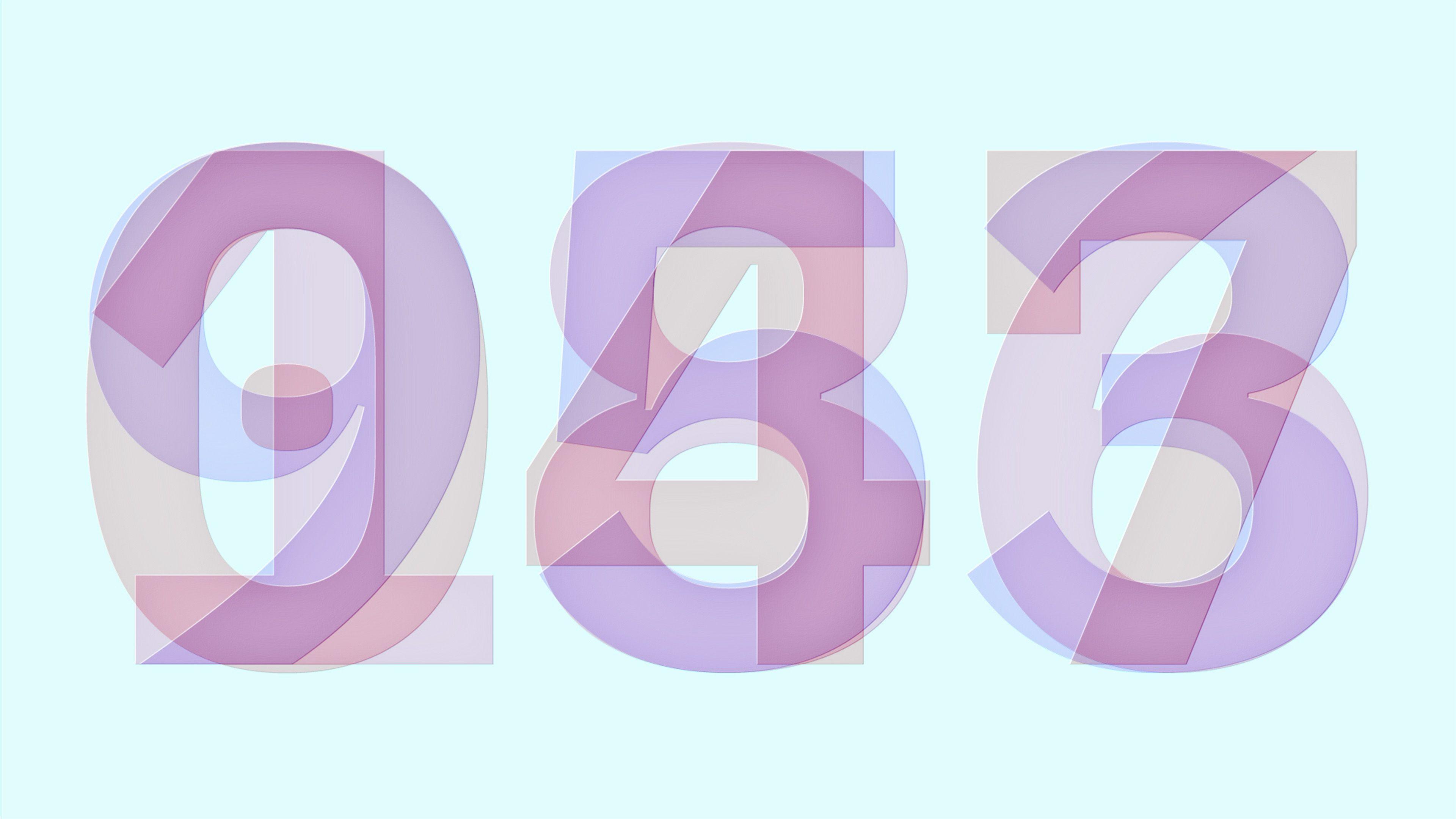You are down with the flu. You pop up a pill. Take some rest. If it persists, you visit a doctor. When it's about your physical health, you know what to do. But in the case of mental health, you hear crickets. Often too worried to visit a therapist.
It's not just you. Mental health problems are affecting millions of people. Depression and anxiety to PTSD impact one's quality of life, relationships, and overall well-being. The consequences of untreated mental health issues are severe, including substance abuse, physical health problems, and even suicide.
Treatment for mental health issues is important to improve outcomes and prevent these consequences. Unfortunately, accessing mental health care can be difficult due to stigma, cost, and a shortage of mental health professionals. This leaves many people without access to the care they need. And that worsens their conditions and lowers their quality of life.
But technology is changing the scenario. Can ChatGPT also contribute to this revolution?

Is it the first time AI enters the mental health space with ChatGPT?

AI entered mental health before ChatGPT. Eliza, MIT computer scientist Joseph Weizenbaum's 1960s Rogerian therapist chatbot, was one of the first. Weizenbaum's assistant used it for therapy herself.
Mindstrong, a digital mental health platform, utilizes AI to detect mental health disorders in smartphone usage habits. The platform offers customized mental health therapies and support.

Replika was built as a grief counseling AI chatbot. Replika uses social network content to create a digital facsimile of a deceased loved one. The software now provides personalized informal talking therapy as a helpful digital companion.
These are just a few examples.
AI trends in mental health: Fad or fab?
Irrespective of the effects of macroeconomic factors like inflation, supply chain disruptions, and interest rates, mental health technology remains the best-funded digital health field.
According to CBInsights' State of Mental Health Tech 2021 Report, mental health technology businesses raised $5.5 billion worldwide in 2021, an increase of 139% from the previous year's 258 deals.
Several AI-based mental healthcare businesses have signed major contracts in 2022.

Wysa, an AI chatbot, has raised $20 million.
BlueSkeye, which aims to improve early diagnosis, has raised £3.45 million.
ChatGPTis not only about asking about the symptoms. More than just a Chatbot
San Francisco-based emotional support chat service Koko experimented with deploying an AI chatbot to reply to GPT-3 requests in October 2022. Koko users anticipate anonymous volunteer chats. People can get relationship guidance, depression help, and more online.

A few thousand patients got mental health care, not from entirely humans. Bots augmented it. People could modify and submit answers, although not necessarily as authors.
Koko co-founder Robert Morris says 4,000 individuals received AI-written Koko comments. Those who saw the GTP-3 replies co-written by a human and a machine gave them far better ratings. But there is no recorded data.
Though it was a burning one. But ChatGPT is not just a mere tool to do some symptom-related Q&A sessions.
🌟 1. Assisting in Self-assessment
If you're experiencing mental health issues like anxiety, sadness, or stress, ChatGPT can help you learn more about these conditions and how to deal with them.

By asking you questions about your symptoms, emotions, and behaviors, ChatGPT can assist you in doing a self-assessment of your mental health. The chatbot can ask questions to diagnose mental health issues.

ChatGPT uses the information you offer to make specific suggestions for help, such as coping techniques, mindfulness practices, or expert referrals in the field of mental health.
🥺 2. Potential machine empathy
Cognitive empathy involves seeing things from someone else's perspective. Stanford University research reveals that chatbots like chatbots learn cognitive empathy as an emergent property of their verbal competence using Large Language Models.

ChatGPT's purpose is to mimic human conversation. Understanding and appreciating user emotions and sentiments adds empathy to its answers. Acknowledge and validate the user's feelings by showing you get them. Just like it did here, too.
💜 3. For emotional support
ChatGPT employs language processing skills to decipher the meaning and purpose of a user's inputted message. Based on this knowledge, it develops a response specific to the user's situation and feelings. The answer may include coping methods, affirmation, or mental health referrals.

ChatGPT's conversational and emotional responses to user input result from natural language processing and machine learning techniques, which allow it to give emotional support. The answer may include coping methods, affirmation, or mental health referrals.
😊4. Fight with mental health stigma
ChatGPT provides a more private and secure means of communication by encrypting and storing all chats. This guarantees complete confidentiality, allowing customers to open up without fear of having their discussions recorded or divulged.
therapists and therapists are also available on-demand through ChatGPT. Users get help whenever they need it. As a result, it's much simpler for customers to get the assistance they need without having to travel for appointments.
ChatGPT makes mental health treatment more accessible and reduces stigma.
How does Mental Health Tech utilize ChatGPT for safe and effective mental soundness
✅ 1. Define the intention
When it comes to GPT-enabled digital health solutions, knowing the product's intended use and indication for use is crucial. It ensures that it is safe and efficient for its intended purpose. Along with the future clients, it also helps the future business. This data helps with product planning, development, and approval/marketing choices from the relevant authorities

🤑 2. Feed GPT with relevant data
To guarantee that GPT can deliver correct and relevant replies, training generic models on data unique to the target mental health issues is crucial. One way to do this is to train the model on data, including dialogues about mental health. The other is to modify an existing model using transfer learning
💥 3. Medical recordkeeping
Mental health often affects one's body and vice versa. ChatGPT can automate patients' medical histories to simplify medical documentation. It automatically summarizes symptoms, diagnoses, and treatments. So, in any case, the professionals can look at patient records for proper treatment.
💸️ 4. Protect user privacy
Every software dealing with mental healthcare must have safeguards in place to prevent the disclosure of patient information to other parties, such as OpenAI, without their express consent. OpenAI hashes usernames, email addresses, and other identifying information to protect user privacy and encrypted cloud storage.

🙌 5. Monitor and Evaluate clinical effectiveness
Always keep an eye on and evaluate the system's performance to make sure it provides accurate responses. To do this, collect and analyze logs that don't include information that could be used to find you, and change your design often. This includes testing for usefulness, random clinical trials, and other types of validation.
Is ChatGPT the endgame for mental health?
ChatGPT has the potential to reshape the entire mental health system. It offers accurate and personalized responses, greater accessibility, and more accurate diagnoses. However, it cannot replace the role of therapists and mental health professionals. Instead, it assists them. With ChatGPT, mental health care can become more effective, efficient, and accessible, leading to better mental health outcomes and life.

.png)
.png)










.png)

